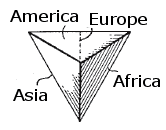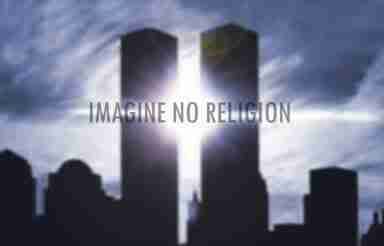Long-distance umbrage in the Gossip Age
Iran protests the Swedish local newspaper Nerikes Allehanda printing a Muhammed charicature by one Lars Vilks who saw the opportunity to troll a dead horse. This made The Kabul Times yesterday, resulting in mildly photogenic demonstrations.
N.A. has a circulation of 63 900 if I'm reading this right, and looks to be located in the Swedish equivalent of flyover country. Someone must have been actively relaying the item for it to make The Kabul Times. The reason this hasn't been plastered all over by the SUPPORT DENMARK!!!
crowd would appear to be that the artist can't draw for shit.
In fantastically related news, also from yesterday, someone successfully trolled the Shaolin monks by posting (yes, on the internet) that a ninja once totally flipped out and kicked their arses.
BEIJING (Reuters) - China's Shaolin Temple, the cradle of Chinese kung fu, is demanding an apology from an Internet user who said its monks had once been beaten in unarmed combat by a Japanese ninja, Chinese media reported on Friday.
"The so-called defeat is purely fabricated, and we demand the Internet user to apologise to the whole nation for the wrongs he or she did," the Beijing News said, citing a notice announced by a lawyer for the Shaolin monks.
Beijing News doesn't seem to be online, unfortunately. Still, if this is true it paints a picture of a shrinking world where everyone's rapidly becoming like roommates that have spent far too long together, or where—to quote David Whiteland—any number of people can disagree with each other regardless of the distance between them. It's the new chaos effect: wave a pen in Scandinavia and something catches fire in Central Asia.
Now if only someone could trick Muslim fundies into drawing charicatures of Shaolin monks, the circle would be complete.








 I just had a really kooky thought. This was spurred by having my concept of
I just had a really kooky thought. This was spurred by having my concept of 



